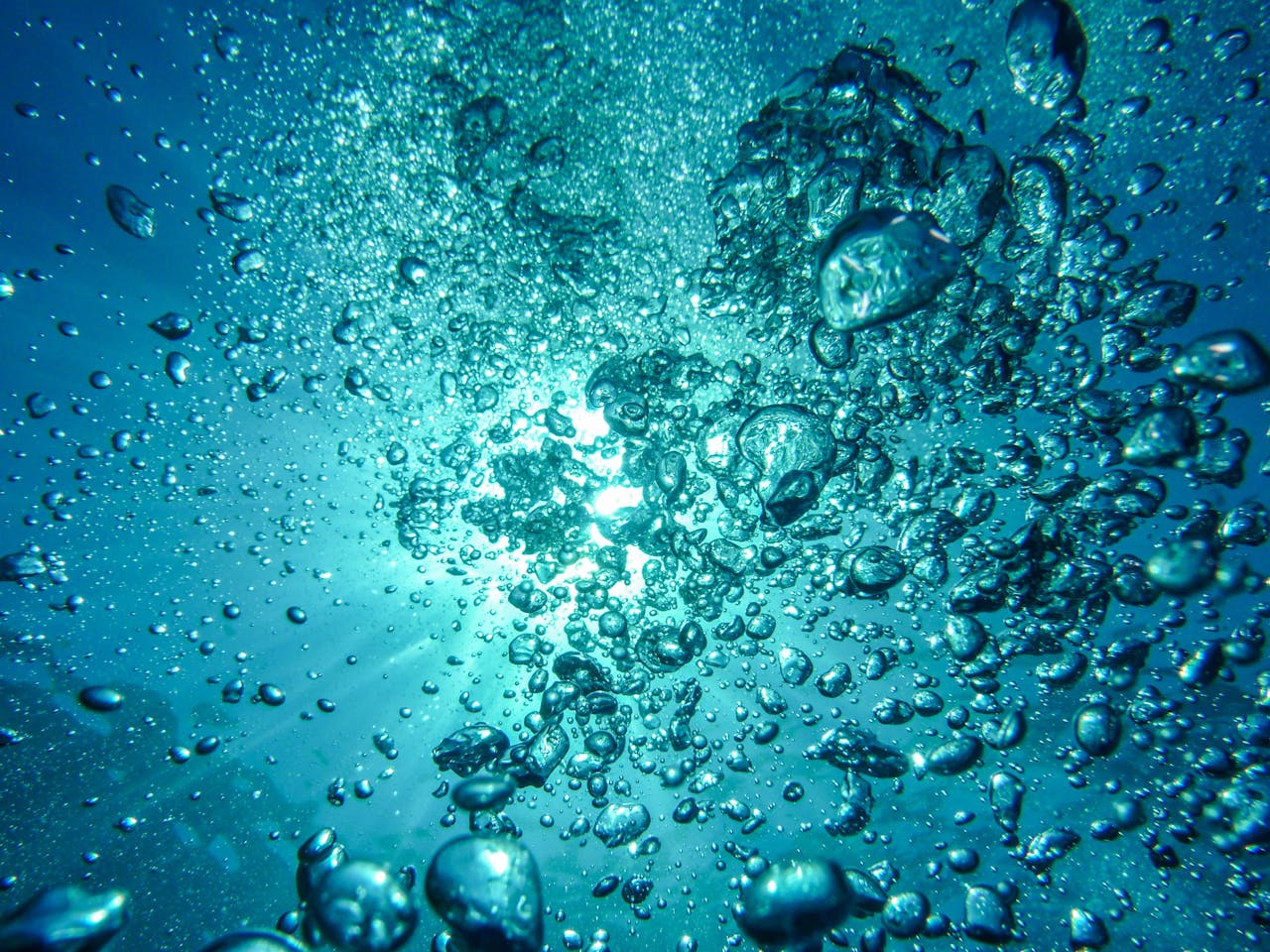Chronic kidney disease (CKD) is a significant global health concern, affecting millions of individuals worldwide. It is characterized by the gradual loss of kidney function over time, often leading to complications such as kidney failure and cardiovascular disease. As researchers delve deeper into potential interventions to slow CKD progression, one question frequently arises: Does drinking water play a role in mitigating this condition? In this comprehensive research article, we explore the relationship between water intake and kidney health, examining scientific evidence, expert opinions, and practical recommendations.
Understanding Chronic Kidney Disease
Before delving into the specifics of water intake, it's crucial to understand the mechanisms and progression of chronic kidney disease. CKD is a progressive condition wherein the kidneys gradually lose their ability to filter waste and excess fluids from the blood, leading to the accumulation of toxins and fluid imbalances in the body. Common risk factors for CKD include diabetes, hypertension, obesity, and family history of kidney disease. As CKD advances, individuals may experience symptoms such as fatigue, swelling, changes in urine output, and electrolyte imbalances. Left untreated, CKD can result in kidney failure, necessitating dialysis or transplantation for survival.The Importance of Hydration in Kidney Health
Adequate hydration is essential for overall health, and its role in kidney function cannot be overstated. The kidneys rely on sufficient water intake to effectively filter waste products and maintain electrolyte balance in the body. Dehydration, on the other hand, can strain the kidneys and impair their ability to function optimally. Research suggests that chronic dehydration may contribute to the progression of CKD by increasing the concentration of toxins in the blood and promoting the formation of kidney stones. Therefore, ensuring adequate hydration is a cornerstone of kidney disease management.Scientific Evidence Supporting Hydration
Numerous studies have investigated the relationship between water intake and kidney health, yielding compelling evidence in support of hydration as a protective factor against CKD progression. A study published in the American Journal of Nephrology found that higher fluid intake was associated with a slower decline in kidney function among individuals with CKD. Similarly, research published in the Clinical Journal of the American Society of Nephrology reported that inadequate hydration was linked to an increased risk of developing CKD in middle-aged and older adults. These findings underscore the importance of promoting adequate water intake as part of CKD prevention and management strategies.Practical Recommendations for Hydration
Incorporating sufficient fluids into one's daily routine is crucial for maintaining kidney health and slowing the progression of CKD. While individual hydration needs may vary based on factors such as age, weight, activity level, and climate, there are general guidelines that can help guide fluid intake. The National Kidney Foundation recommends aiming for at least eight glasses of water per day for most individuals, with adjustments made for factors such as sweat losses during exercise and exposure to hot temperatures. It's essential to spread fluid intake throughout the day rather than consuming large amounts at once to ensure optimal hydration and kidney function.Tips for Staying Hydrated
For individuals with CKD or at risk of developing the condition, staying hydrated may require conscious effort and planning. Here are some practical tips for maintaining adequate hydration:- Monitor Fluid Intake: Keep track of how much fluid you consume each day to ensure you're meeting your hydration goals. This can be done using a water tracking app or simply by keeping a log.
- Choose Water-Rich Foods: Incorporate fruits and vegetables with high water content, such as watermelon, cucumbers, and oranges, into your diet to boost hydration levels.
- Limit Dehydrating Beverages: Minimize intake of caffeinated and alcoholic beverages, as they can have diuretic effects and contribute to dehydration.
- Sip Throughout the Day: Instead of waiting until you're thirsty to drink, make a habit of sipping water regularly throughout the day to maintain hydration levels.
- Consider Electrolyte Balance: In cases of prolonged or excessive fluid intake, it's essential to ensure adequate electrolyte balance by consuming foods rich in potassium, magnesium, and sodium.

